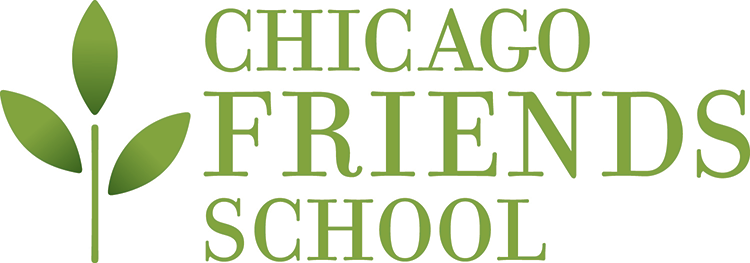As I write this, the dust is just settling on two Supreme Court decisions that will affect education in America and the promise it provides. The first decision denies student loan forgiveness, and the second denies affirmative action. Their accumulative effect will be to preserve power and privilege in the hands of wealthier, whiter people, and deny opportunity to lower income people and people of color. It will particularly deny access to selective and prestigious universities and schools, which I will call elite institutions.
This denial harms us at many levels. The first and most obvious harm is to the individuals who are shut out. Most people assume that students at elite institutions gain strong skills and knowledge. But the benefits of inclusion in such environments go far beyond book learning. They include professional contacts, alumni networks and other ways to get to the top of the resume pile. (I know that I have had opportunities that I wouldn’t have gotten without Northwestern or Oberlin.) But I know from my own story that it goes deeper than this.
I grew up as a kid from a rust belt industrial town, where almost no one went to college. I did well in school and felt pretty smart until I had the opportunity to attend elite schools. There, I came to understand that even if I had the intellectual chops to succeed, I did not come equipped with other unspoken, untaught cultural knowledge. Be it book or movie references, travel experience, turns of phrase, ways of dressing and even standing, there was a wealth of cultural capital that I needed to learn to fit into elite environments. And cultural markers carry weight. From Silicon Valley to the White House to the Chicago Loop, opportunities and success are more likely to come to those who not only can demonstrate a high level of skill, but can also negotiate these cultural expectations.1 By denying lower income individuals or people of color access to culture, contacts and credentials, they make it much harder for that person to succeed no matter what the individual’s skill level is.
The second harm is to society. Making it harder for lower income people and people of color to access elite institutions concentrates opportunity for a few and keeps large segments of the population performing and earning below their potential. This leads to economic stagnation and less overall economic strength. It also leads to resentment and disenfranchisement on the part of those who are cut out of economic opportunities. In addition to these harms, we also lose imagination and creativity. Study after study shows that diverse teams create more lasting innovation, and are more resilient to change.2 Monoculture, on the other hand, results in a narrower lens on any project. By keeping opportunity in the hands of the few, we cut the legs out from beneath a prosperous, innovative economy for all.
The final harm is a harm to the human spirit. We are made to connect, engage and support each other. It is crucial to our happiness, and even to our health.3 Most of us are lucky enough to have dearly loved ones in our lives and are sustained and upheld by them every day. But humans also distrust and fear those we see as different to ourselves. Or, more insidiously, simply see them as “less,” less capable, intelligent, worthy, or even less fully human in some way. In some, particularly among those who have little contact with people of races different from their own, this can harden into racism, race resentment, or violence. But even when not at that level, not seeing another person as a full equal harms people on both sides of the equation. We are made to connect, and when we do not have access to those different from ourselves, we lose access to our full ability to connect, learn, thrive and be fully human.
Chicago Friends School was founded in the Quaker tradition that values “that of God” in everyone. We are working to make our student body more diverse, not less. It is better for the whole community when we are so.
- To learn more about the culture of power and how students of color can be cut off from it, read the work of Lisa Delphit.
- See the references in this Forbes article: Diverse Teams Achieve Greater Success: How Business Can Champion Diversity As Good Sense
- From the CDC: Loneliness and Social Isolation Linked to Serious Health Conditions


Karen Carney
is the head of school. Karen’s career demonstrates a rich and diverse set of skills: project oversight, curriculum development, educator training and mentoring, and classroom instruction. Prior to coming to Chicago Friends School, she worked as a senior specialist in science curriculum for American Institutes for Research. Before this, she oversaw educational programming at the Adler Planetarium, first as its director of education and then as associate vice president for visitor experience and learning. She has also worked in instruction and teacher development at the University of Illinois at Chicago’s Learning Sciences Research Institute and has authored more than 20 scholarly papers, book chapters, and conference presentations.
Karen is an active, dedicated Friend (Quaker) and has held various leadership positions at the Evanston Friends Meeting. She enjoys baking, cooking, and painting and is a member of the Playmation improv comedy team.